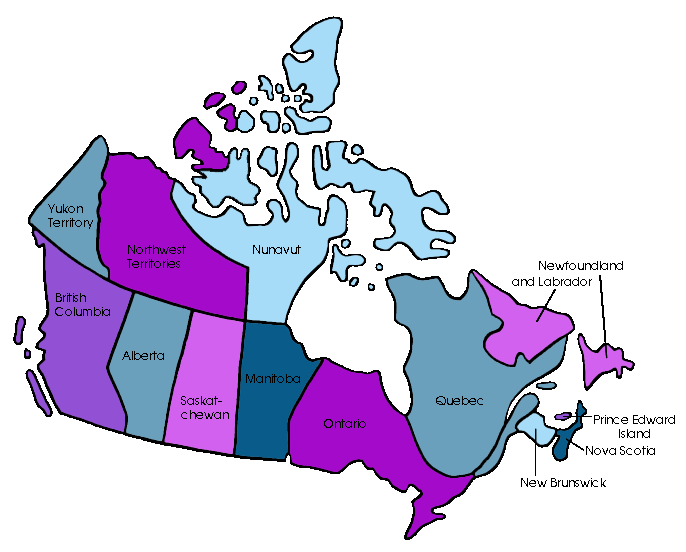
SUNNY FREEMAN
May 25, 2010 6:22 p.m.
TORONTO - Canadians will find it more expensive to own a home this year and in 2011, as higher interest rates are expected to chip away at affordability even as the rise in home prices begins to subside, two of Canada's major banks predicted Tuesday.
A report by RBC Economics Research released Tuesday said affordability would deteriorate throughout 2010 and 2011 as rising interest rates increase mortgage and other loan payments.
"Some erosion in affordability is going to come from higher interest rates... (meanwhile) prices continue to rise. Combine the two and I think the second quarter you should expect some further deterioration in affordability," said RBC senior economist Robert Hogue.
Canada's hot housing market is coming back into balance between supply and demand following a seller-friendly period in which buyers competed for — and drove up the prices of — the few houses for sale during the first stages of economic recovery.
As demand cools and supplies increase, the pace of price increases will slow, but won't fall fast enough to offset rising interest and mortgage rates, Hogue said.
"I'd be hard-pressed to see any kind of the recent pace in price increases being maintained, but it might not be an outright decline any time very soon," he added.
The RBC report found home ownership costs in Canada rose across all housing segments in the first three months of 2010 — the third quarter of increases in a row.
With the exception of Alberta, home affordability measures deteriorated across all provinces with significant declines in affordability in British Columbia, Saskatchewan and Manitoba. Housing affordability declined more moderately in Quebec, Ontario and Atlantic Canada.
Meanwhile, a new report from the Canadian Real Estate Association found that Canadian home prices are unlikely to undergo the type of sharp correction seen south of the border, where prices plummeted and foreclosures ensued.
The CREA report says the current period of high home prices is a natural part of the demand-driven market cycle.
"The Canadian housing market is now widely thought to be at, or very near, the top of a cycle, and the ratio of home prices to incomes is currently high," said its chief economist Gregory Klump.
The CREA report said the income-to-house price ratio will soon revert to its long-term average as it always does as part of a normal housing market cycle.
"History suggests, however, that it will not do so by means of a significant correction in home prices. The more likely scenario is that home prices will stabilize, giving incomes a chance to catch up again," Klump said.
Unlike their U.S. counterparts, Canadian mortgage holders have borrowed conservatively and are accelerating mortgage repayment, which will give options to those who may face financial difficulties when they renew their mortgage at a higher rate, the report said.
A report on housing affordability by CIBC World Markets on Tuesday suggested about 1.5 million, or 17 per cent, of houses in Canada, are currently overvalued.
CIBC senior economist Benjamin estimated that, on average, Canadian home prices are now around 14 per cent over their "fair" value, adding there would likely be a five to ten per cent price correction in the next few years.
"This pace of appreciation has been quicker than justified by housing market fundamentals such as income, rent or demographic changes," Tal wrote in the report.
"While the booming housing market is starting to come back to earth, the fact that prices are overvalued today does not necessarily mean that they will crash tomorrow," he added.
Tal's report found the average price of a house has risen by nearly 23 per cent since reaching recent cyclical lows in January 2009. And the erosion of affordability — as interest rates rise faster than prices drop — could cause problems for the most vulnerable segment of the population, he said.
CIBC's new home ownership affordability index found that home ownership is increasingly difficult for families with household incomes less than $50,000, who on average spend close to 60 per cent of their gross income on mortgage payments, property taxes and electricity costs.
The report found that Canadians today spend 15.6 per cent of their average gross personal income on mortgage payments, which is about the same as 10 years ago. When adding in electricity bills and property taxes, it rises to about 22 per cent of gross income.
Tal predicted that in the second quarter of the year, affordability will continue to deteriorate, even as prices level off. He added that home prices will fall in the second half of the year and in to 2011, which will improve affordability.
"I don't think affordability will be a major issue over the next two years. I think it will be relatively stable with interest rates rising, but prices actually going down a little bit," he said.
lawlessbrown.com







